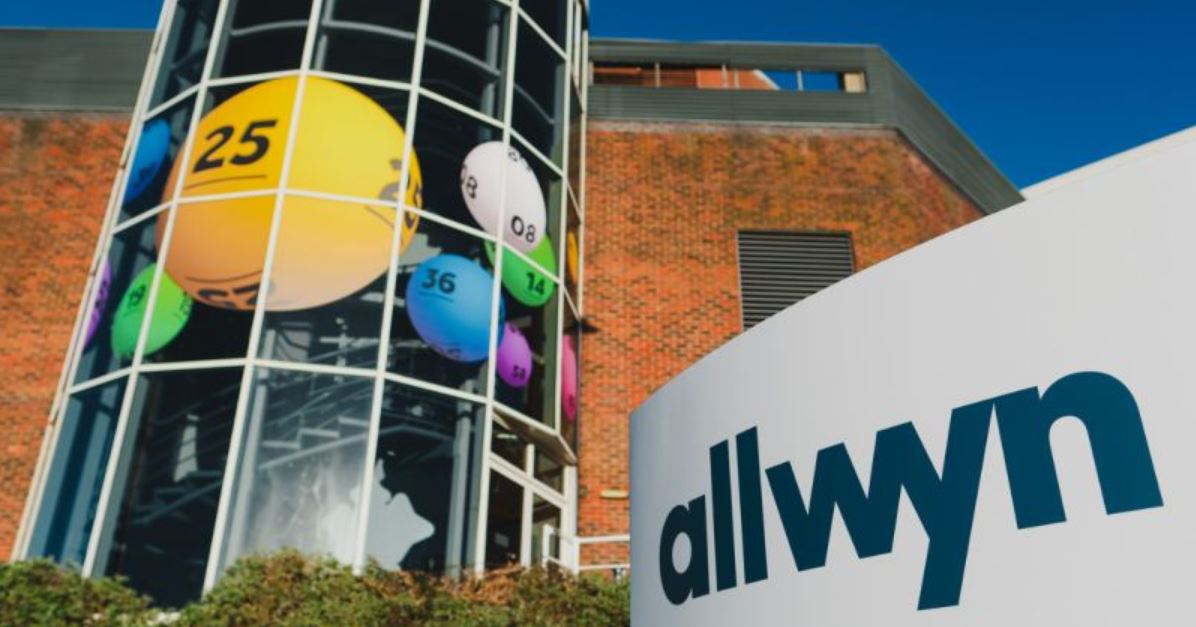
Scout Gaming Group said it remains focused on efforts to make the business profitable after cost cutting allowed it to narrow its net loss in the third quarter.
Scout’s third-quarter revenue was slightly below year-ago levels, but a reduction in expenses had a positive impact on the bottom line. Scout said this has improved its year-to-date performance and allowed it to move closer to profitability.
Costs fell after Scout completed its transformation program in August and laid off some employees. Scout said these efforts will allow the company to become a leaner company and more efficient in providing services to B2B partners.
The cost-cutting initiative started last year under former CEO Andreas Ternström, who left the company in June 2022. The effort continued after his departure and was then completed in August of this year.
Current CEO Niklas Jönsson said that while Scout is beginning to see the impact of this initiative, the full impact will not be felt until the first quarter of 2024. He added that this will support the long-term goal of becoming profitable.
“In order to achieve a sustainable balance between our revenues and our costs, we announced a new reorganization package in August,” said Jönsson. “Spending has fallen since then, but the full impact will only be seen in the first quarter of 2024. We are positive about the results to date and will continue to monitor them until we achieve stable profitability.”
“We are confident in the decisions we have made and believe we can increase activity in our B2C business in the coming months by advancing the product. However, this will be done cautiously and with a high focus on return on investment.”
B2B sales growth is not enough to offset Scout’s B2C decline
Looking at the third quarter, group sales fell 4.6% to SEK 6.3 million (£479,525/€548,232/$595,678) in the three months to September 30.
Revenue from B2B operations rose 15.9% to SEK 5.4 million, which Scout attributed to an increased focus on this industry.
In contrast, B2C sales fell by 47.4% to SEK 1.0 million. Scout attributed this to a continued decline in its previously unprofitable marketing campaigns.
However, Scout also said that management believes the B2C business has the potential to generate profitable growth under controlled measures. The group added that it intends to implement these throughout the rest of the year.
Costs fall, net loss narrows in the third quarter
Scout’s broader cost-cutting plan resulted in operating costs falling by 27.8% to SEK 12.2 million in the third quarter. This was primarily due to lower personnel costs, which almost halved to SEK 5.0 million after the staff reduction.
After taking into account SEK 104,000 in finance-related costs, the pre-tax loss amounted to SEK 5.8 million. This was an improvement from SEK 14.3 million last year. Since Scout did not pay any income tax in the third quarter, this meant that the net loss was also SEK 5.8 million, compared to SEK 14.3 million in 2022.
In addition, adjusted EBITDA improved from a loss of SEK 10.2 million to minus SEK 5.9 million.
The figures for the current year point to a better future
Cost savings also impacted Scout’s annual results. Sales for the nine months ended September 30 were SEK 22.3 million, up 26.7%. B2B sales more than doubled to SEK 18.0 million, but B2C sales fell by 48.4% to SEK 4.4 million.
Operating costs fell by 23.6% to SEK 75.0 million, again mainly due to lower personnel costs. Financing costs amounted to SEK 2.8 million, resulting in a pre-tax loss of SEK 60.2 million, compared to a loss of SEK 64.4 million last year.
Missed tax payments also resulted in a net loss of SEK 60.2 million, an improvement from SEK 64.4 million in 2022. In addition, the adjusted EBITDA loss for the period was reduced from SEK 57.2 million to 21.8 million SEK reduced.
“We are now halfway through the fourth quarter and it is encouraging to see how all my colleagues at Scout are really moving forward to make our group profitable,” said Jönsson.
“I would like to thank all of the group’s partners, shareholders and employees for their support and trust in us.”
Scouts cost-saving trip
It has been more than 18 months since former CEO Ternström initiated the cost review at Scout. This came after he expressed concern over slow growth and rising spending in the fourth quarter of 2021.
Ternström then left Scout amid talk of a “major restructuring” and was replaced by Jönsson.
In the following weeks, Scout announced plans to cut half of its workforce, including in Ukraine. This came after Scout discovered SEK 17.0 million in previously unknown financial obligations for the 2021 financial year. Scout said the workforce cuts would save about SEK 32.0 million per year.
The broader strategy also included a share issue to dilute existing holdings in the company by 90%. In September, the company announced that it had raised SEK 101.0 million through the program.
Towards the end of 2022, Scout announced that it had completed the restructuring of its B2B business. This resulted in the closure of 11 partnerships. By the end of the second quarter of 2023, Scout had 10 integrated and active B2B partners.
Jönsson was appointed full-time CEO for 2023 in March. This came after he was able to improve Scout’s fortunes during several months in the interim role.
However, despite the further reduction in operating costs and net profit in the first quarter, Jönsson warned of further spending cuts. The transformation program was completed in August.







